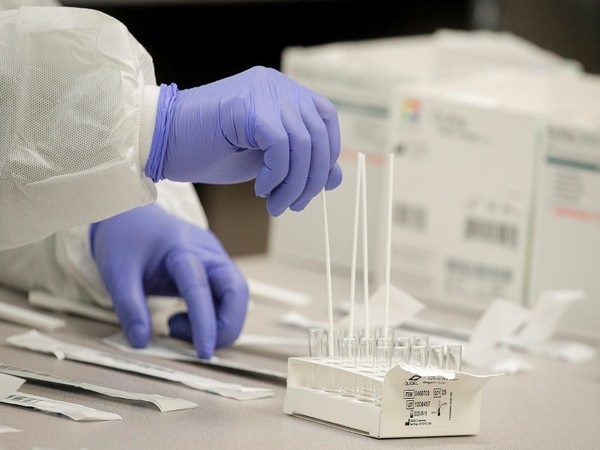

World Health Organization (WHO) chief Dr Tedros Adhanom Ghebreyesus on Wednesday said that COVID-19 deaths are on the rise for the last five weeks with some countries witnessing increasing trends in hospitalizations.
Addressing a media briefing WHO Director-General Tedros said, “COVID-19 deaths have been increasing for the last five weeks, and several countries are reporting increasing trends in hospitalizations following waves of transmission driven by Omicron subvariants.”
Tedros said that though the world has learned a number of important lessons by being with COVID-19 for over 2 years now however he warned that one must not let their guard down.
“Although the COVID-19 pandemic is far from over, we are now in a very different situation to where we were a year ago, and we have learned a number of important lessons,” the WHO chief said during the briefing.
He also laid great emphasis on treating vaccination as an elixir to save lives. “One of the most important is that the most effective way to save lives, protect health systems and reopen societies and economies is to vaccinate the right groups first.”
Tedros said, even in some countries that have reached 70 per cent vaccination coverage, if significant numbers of health workers, older people and other at-risk groups remain unvaccinated, deaths will continue, health systems will remain under pressure and the global recovery will be at risk.
This is not theoretical, this is real, he added.
Last week, WHO launched an update to the Global COVID-19 Vaccination Strategy, emphasising the need to vaccinate the most at-risk groups, including 100 per cent of health and care workers, 100 per cent of older people and 100 per cent of those at highest risk.
The WHO chief urged the world to “strive for the target of 70 per cent vaccination coverage, with a focus on targeted vaccination strategies that prioritize the most vulnerable, which is the most effective way to save lives.”
“While vaccines have saved countless lives, they have not substantially reduced transmission,” he noted.
He also highlighted that it is vital for governments and the private sector to continue collaborating and investing in the development of new vaccines that prevent both infection and disease.
“We also need vaccines that can be delivered more easily, such as through nasal sprays or drops. Crucially, it’s essential as new vaccines and other COVID-19 tools are developed, they are available equitably to all countries.”
Tedros also urged all countries to strengthen their readiness and response plans for any possible future COVID-19 waves.
“In addition to vaccination, WHO urges all countries to assess and strengthen their readiness and response plans for future waves of transmission, including surveillance, testing, strong clinical management and a well-equipped health workforce,” he concluded.